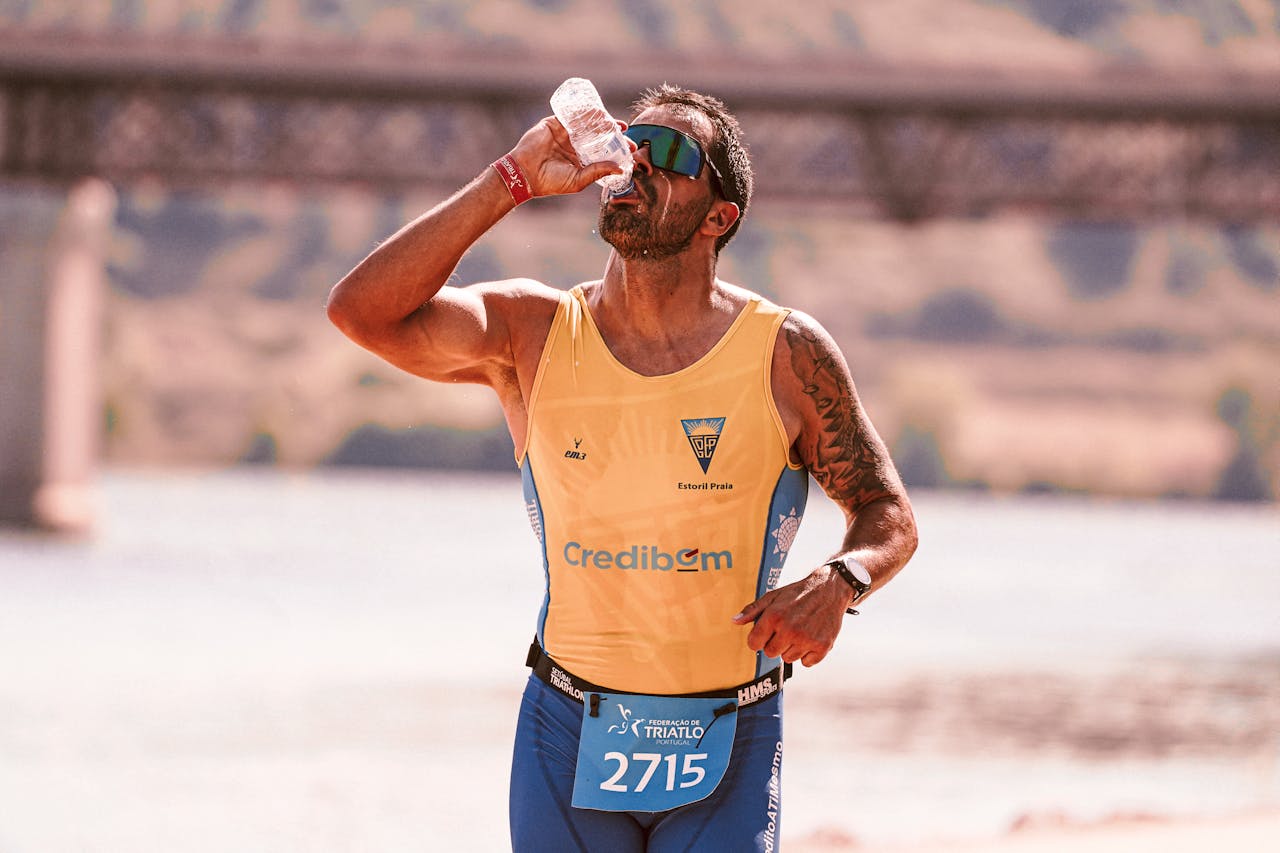
The Essential Guide to Hydration for Athletes
Every athlete, regardless of their sport or fitness level, must understand the importance of proper hydration. It is not merely about quenching your thirst, but it is a crucial component that influences your performance, endurance, and overall health. A dehydrated athlete is at risk of fatigue, decreased speed, and serious health complications.
This comprehensive guide will delve into the significance of hydration, how much water an athlete should drink, and the best practices to maintain optimal hydration levels.
Understanding Hydration
Hydration refers to the body’s balance of fluids. It is essential for maintaining the body’s functions, which include regulating body temperature, lubricating joints, transporting nutrients, and flushing out toxins. The human body is approximately 60% water, making hydration a vital part of our health and wellbeing.
The Science Behind Hydration
Water is an essential element of our body. It plays a significant role in various bodily functions. For instance, it cushions our joints, aids in muscle function, moistens the air we inhale for better oxygen absorption, and even impacts our mood and concentration. In the context of athletes, hydration has a direct impact on their performance and endurance. A well-hydrated athlete can perform better, has more energy, and recovers faster.
The Risks of Dehydration
Dehydration occurs when the body loses more fluids than it consumes. This fluid imbalance can lead to various symptoms such as dizziness, lightheadedness, muscle cramps, fatigue, dry mouth, increased heart and breathing rate, and confusion. In severe cases, dehydration can lead to heatstroke and other serious health complications.
Recognizing Dehydration
The first step to preventing dehydration is recognizing its symptoms. Thirst is an obvious indicator, but it’s not always reliable as you might already be dehydrated by the time you feel thirsty. Therefore, other signs like dark-colored urine, decreased frequency of urination, dry mouth, and fatigue should also be monitored.
Water Intake Recommendations for Athletes
The amount of water an athlete needs to drink can vary based on various factors, including body size, the intensity and duration of exercise, the weather, and individual sweat rates. However, here are some general guidelines:
Pre-Exercise Hydration
Start hydrating 2-3 hours before your workout with 17-20 ounces of water. Then, drink an additional 8 ounces of water 20-30 minutes before exercising.
Hydration During Exercise
During exercise, especially if it lasts longer than an hour, aim to drink 7-10 ounces of water every 10-20 minutes. For strenuous workouts, consider a sports drink that contains electrolytes and carbohydrates to help maintain your energy levels.
Post-Exercise Hydration
Post-exercise hydration aims to replace the fluids lost during the workout. As a rule of thumb, drink 16-24 ounces of water for every pound lost during exercise.
Optimizing Hydration: Tips and Tricks
Maintaining optimal hydration levels requires a proactive approach. Here are some tips to help athletes stay hydrated:
- Monitor Your Fluid Loss: Weigh yourself before and after a workout to estimate how much fluid you’ve lost and need to replenish.
- Hydrate Throughout the Day: Don’t wait until you’re thirsty or starting a workout to hydrate. Make drinking water a part of your daily routine.
- Use a Water Bottle: Keep a water bottle handy during workouts. This will remind you to drink regularly and make it easier to measure your water intake.
- Choose the Right Fluids: While water is the best choice for hydration, sports drinks can be beneficial during long and intensive workouts. Avoid caffeinated drinks as they can dehydrate you.
- Eat Water-Rich Foods: Foods like watermelon, cucumbers, and strawberries can also contribute to your hydration.
Conclusion
Staying hydrated is vital for athletes to perform at their best. It’s not just about drinking water but understanding your body’s needs and responding appropriately. Remember, when it comes to hydration, prevention is better than cure. So, drink up and give your performance the boost it needs!
Additional Information
While it is crucial to drink plenty of water, athletes should avoid consuming fluids with chemicals like sodas, chocolate milks, etc. These drinks might quench your thirst momentarily, but they don’t provide the necessary hydration your body needs during workouts. Instead, they might result in unnecessary weight gain due to their high sugar content. Always opt for water or sports drinks specifically designed to replenish the nutrients lost during physical activities. A well-hydrated athlete is a high-performing athlete, so make hydration a priority in your fitness routine!



